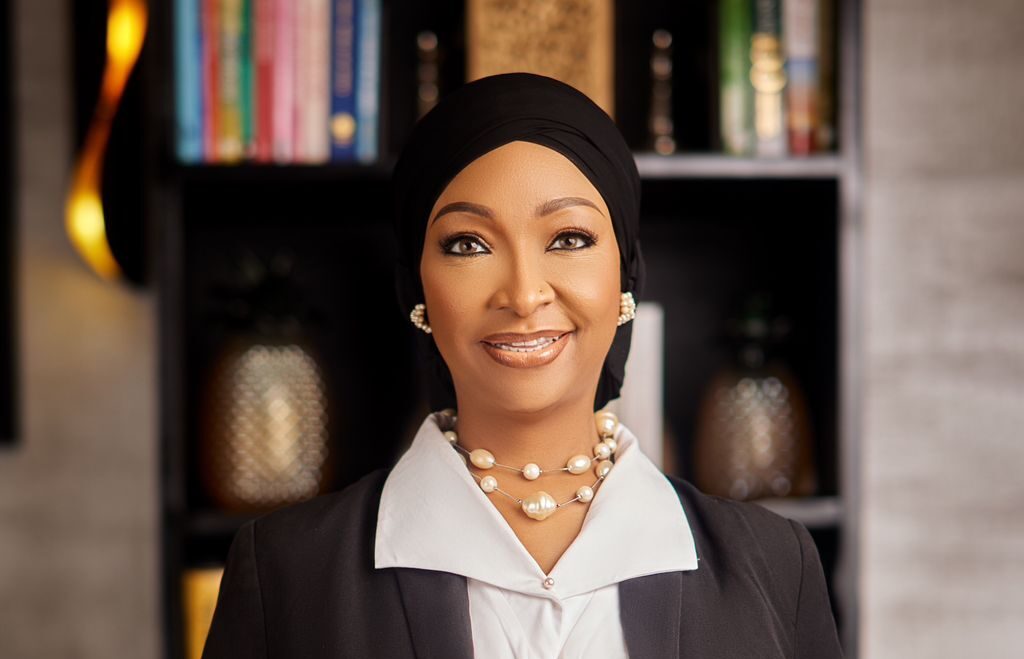The Minister of Art, Culture, and Creative Economy, Hannatu Musawa, has called for the presidency to remain in southern Nigeria beyond 2027, emphasising the need to uphold a sense of fairness and national balance in the country’s political structure.
Musawa, who hails from the North, made the statement during an interview on Channels Television’s Sunrise Daily on Friday, where she expressed support for the current rotational power arrangement between Nigeria’s northern and southern regions.
“After eight years of President Buhari, who is from the North, it was only fair that power shifted to the South,” she said. “Now that President Tinubu is in office, I believe the presidency should stay in the South for another four to six years. It’s about creating balance and a sense of inclusion.”
Although Nigeria’s constitution does not explicitly mandate power rotation, the practice has become a widely accepted political tradition aimed at promoting unity and managing ethnic and regional tensions.
“Hopefully, one day we’ll outgrow this zoning model,” Musawa added. “And candidates will be judged purely by their competence and what they offer. But until we reach that point, maintaining this balance is necessary.”
Her comments come amid growing political debates ahead of the 2027 general elections, especially with the emergence of a new opposition coalition under the African Democratic Congress (ADC).
Earlier in the week, actor and ADC chieftain Kenneth Okonkwo argued that the opposition should field a northern candidate if it intends to challenge President Tinubu’s re-election successfully.
“If the coalition presents a southern candidate, then Tinubu’s return is guaranteed,” Okonkwo said during a Politics Today interview on the same station. “This time around, I’m supporting a northerner — someone widely accepted across the region. If that person is Atiku or Tambuwal, and they meet the qualifications, I’ll back them.”
Musawa speaks on zoning
But Musawa disagreed with that view, stressing that zoning remains a stabilising factor in Nigeria’s political landscape, particularly given the country’s deep-rooted ethnic and regional divides.
“Zoning is important because we’re still struggling with identity as a nation,” she said. “Many Nigerians still view each other through the lens of region and ethnicity rather than shared citizenship. That’s why it’s vital that both North and South feel equally represented.”
Referencing a poem she authored titled I Am a Nigerian, the minister said the country must continue to strive for unity while acknowledging the need to carry all regions along in governance.
“Until we truly begin to see ourselves as Nigerians first, we’ll need frameworks like zoning to preserve that balance,” she said.
Musawa’s comments reflect the broader tensions surrounding Nigeria’s political future and the ongoing debate over how best to achieve both representation and merit in leadership.



